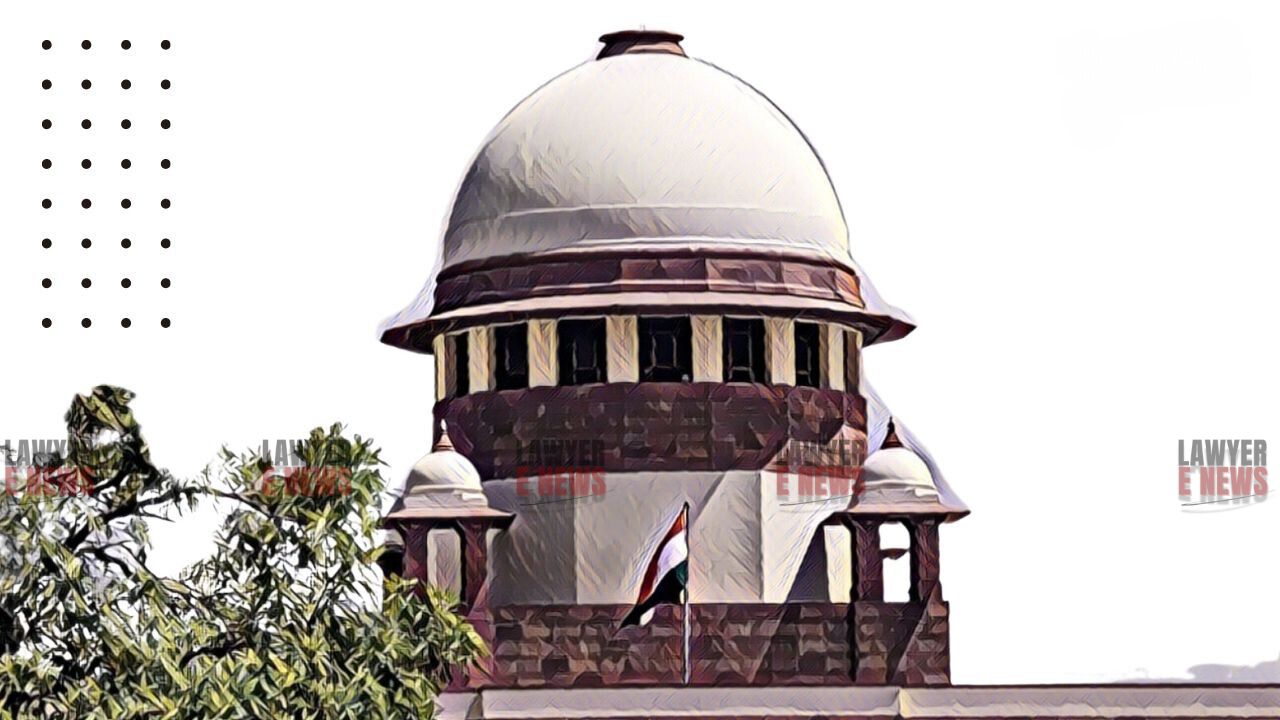-
by Admin
15 February 2026 2:36 AM



Supreme Court of India delivered a significant judgment in Kerala State Electricity Board Ltd. vs. Jhabua Power Limited & Ors., addressing the interaction between state government policy directions and the regulatory powers of State Electricity Regulatory Commissions. The Court ruled that directives issued by the government under Section 108 of the Electricity Act, 2003, cannot override the statutory and quasi-judicial powers of regulatory commissions, particularly regarding electricity tariff determination and approval of power purchase agreements (PPAs).
Kerala State Electricity Board (KSEB) had floated two tenders for power procurement in 2015, receiving bids from various suppliers. However, deviations from the standard bidding guidelines in the procurement process led the Kerala State Electricity Regulatory Commission (KSERC) to reject some of the power supply agreements (PSAs), citing non-compliance with transparent bidding processes.
Despite the KSERC’s decision, the Kerala state government issued a directive under Section 108 of the Electricity Act, asking the Commission to review its rejection and approve the agreements, citing public interest and potential power shortages. KSEB sought review from the KSERC, which eventually approved the PSAs based on the government’s directive. This decision was challenged by Jhabua Power Limited and others before the Appellate Tribunal for Electricity (APTEL), which set aside the KSERC's order, leading to an appeal before the Supreme Court.
The primary issue was whether a directive issued under Section 108 of the Electricity Act, 2003, by the state government could bind the KSERC in exercising its quasi-judicial function of approving tariffs and power procurement agreements. Additionally, the Court had to consider whether KSERC had the jurisdiction to review its previous order based solely on the government’s directive.
Independence of Regulatory Commissions: The Supreme Court emphasized that the KSERC, in exercising its statutory and quasi-judicial powers, must act independently and is not automatically bound by policy directives from the state government. The Court referred to its earlier ruling in A.P. TRANSCO v. Sai Renewable Power (P) Ltd., which clarified that while the government can issue policy directives, such directions should not interfere with the statutory functions of regulatory commissions, including the determination of tariffs.
The Court stated, “The state government cannot compel KSERC to exercise its quasi-judicial powers in a particular manner through policy directives, especially when the KSERC has already made a determination based on statutory provisions.”
Scope of Section 108 Directives: The Court examined the language of Section 108 of the Electricity Act, noting that while the regulatory commission must be “guided” by government policy, this does not mean it is "bound" by such directions. This distinction was highlighted by comparing Section 108 with other provisions, such as Section 11, which uses mandatory language to direct actions by generating companies during extraordinary circumstances. The Court clarified that Section 108 does not allow the state to dictate how the regulatory commission should exercise its adjudicatory functions.
Review Powers of KSERC: The Supreme Court also scrutinized the basis for KSERC's decision to review its previous order. According to Section 94 of the Electricity Act, KSERC has powers similar to a civil court under the Code of Civil Procedure (CPC), including the power of review. However, under Order XLVII Rule 1 of the CPC, review is only permitted on limited grounds such as the discovery of new evidence or an error apparent on the face of the record. The Court found that KSERC’s review did not meet this threshold, as it was based solely on the government’s directive and not on any error in its original decision.
The Supreme Court upheld the APTEL's judgment, agreeing that the KSERC exceeded its review jurisdiction by approving the PSAs based purely on the government’s directive. The Court reiterated that regulatory commissions must follow the statutory framework and that deviations from standard bidding guidelines could not be approved in the name of public interest without legal justification.
However, the Court also allowed KSEB to restore its original appeal against the KSERC’s initial rejection of the PSAs. The Court clarified that the restored appeal could address issues not already decided by the APTEL in its impugned order.
The Supreme Court's ruling affirmed the independence of State Electricity Regulatory Commissions in exercising their statutory powers, even in the face of government policy directives. It emphasized that such directives could not override the statutory duty of commissions to ensure transparent bidding processes and fair tariff determinations. The Court also set a precedent for the limited scope of review jurisdiction under the Electricity Act.
Date of Decision: September 30, 2024
Kerala State Electricity Board Ltd. vs. Jhabua Power Limited & Ors.
